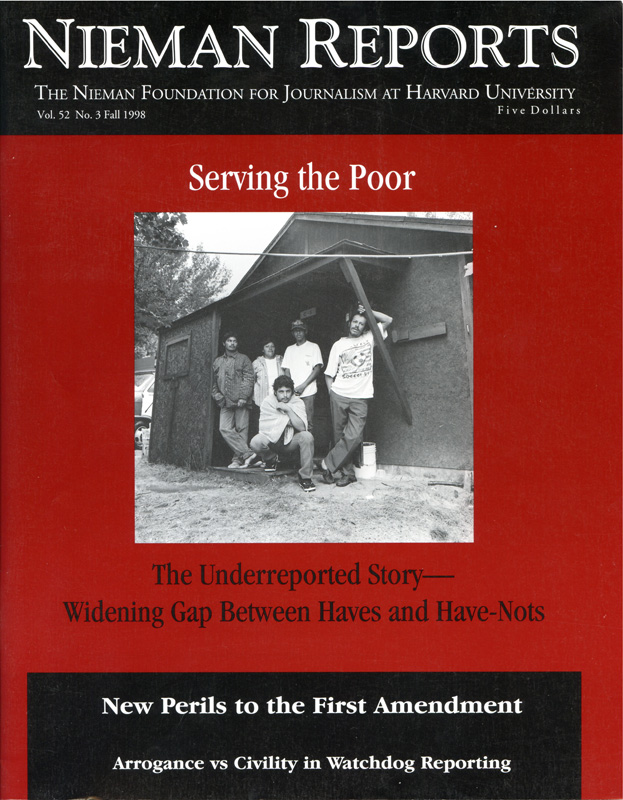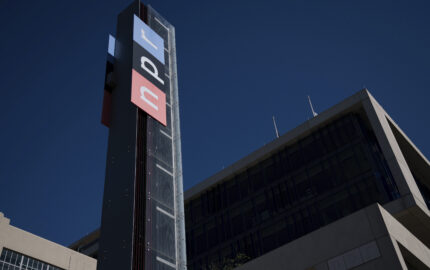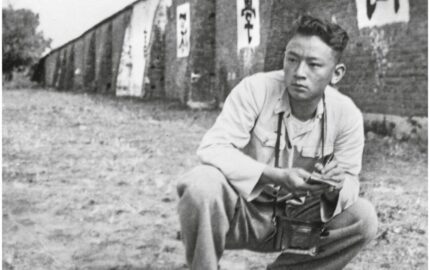It’s a dirty job, but somebody has to do it. We should not kid ourselves by thinking that other people and institutions cannot gather and distribute crucial information. They can, they are, and they will. We are being backed into a corner now by forces beyond our control—but forces, like wind, change direction and ultimately die down. To survive and serve, we have to make our corner the one to which men and women of good will can repair, can come to find or verify truth and accuracy in a society under data siege.
I would prefer a Bill Brennan solution. Mr. Brennan, a citizen of the Borough of Queens, for a long time manned a telephone at The New York Daily News. It was the number you called to settle bets, to get the facts. Usually late at night, from a bar. With friends shouting in the background, you could call and ask questions like: What was Cookie Lavagetto’s real name? Did Napoleon really say that a hostile newspaper is more to be feared than a thousand bayonets? Did Goethe really say, “What have the Germans gained by their boasted freedom of the press except the liberty to abuse one another”? Bill Brennan, walls of reference books around him, would settle the argument. (Harry Arthur Lavagetto. Yes, Napoleon and Goethe did say those things about us.) People would pay for that—for sure signposts in the information swamp. What is the real, not the mock? Where does nonfiction end and fiction begin? The truth may or may not make us free. But it will keep us working. Could there be a better job than this commission from the people to safeguard their rights from the rich and powerful? I’ve never seen one. Humility and the determination to get it right are the only appropriate responses to such trust.—Richard Reeves, “What the People Know: Freedom and the Press,” Harvard University Press. 142 Pages. $19.95.
I would prefer a Bill Brennan solution. Mr. Brennan, a citizen of the Borough of Queens, for a long time manned a telephone at The New York Daily News. It was the number you called to settle bets, to get the facts. Usually late at night, from a bar. With friends shouting in the background, you could call and ask questions like: What was Cookie Lavagetto’s real name? Did Napoleon really say that a hostile newspaper is more to be feared than a thousand bayonets? Did Goethe really say, “What have the Germans gained by their boasted freedom of the press except the liberty to abuse one another”? Bill Brennan, walls of reference books around him, would settle the argument. (Harry Arthur Lavagetto. Yes, Napoleon and Goethe did say those things about us.) People would pay for that—for sure signposts in the information swamp. What is the real, not the mock? Where does nonfiction end and fiction begin? The truth may or may not make us free. But it will keep us working. Could there be a better job than this commission from the people to safeguard their rights from the rich and powerful? I’ve never seen one. Humility and the determination to get it right are the only appropriate responses to such trust.—Richard Reeves, “What the People Know: Freedom and the Press,” Harvard University Press. 142 Pages. $19.95.



